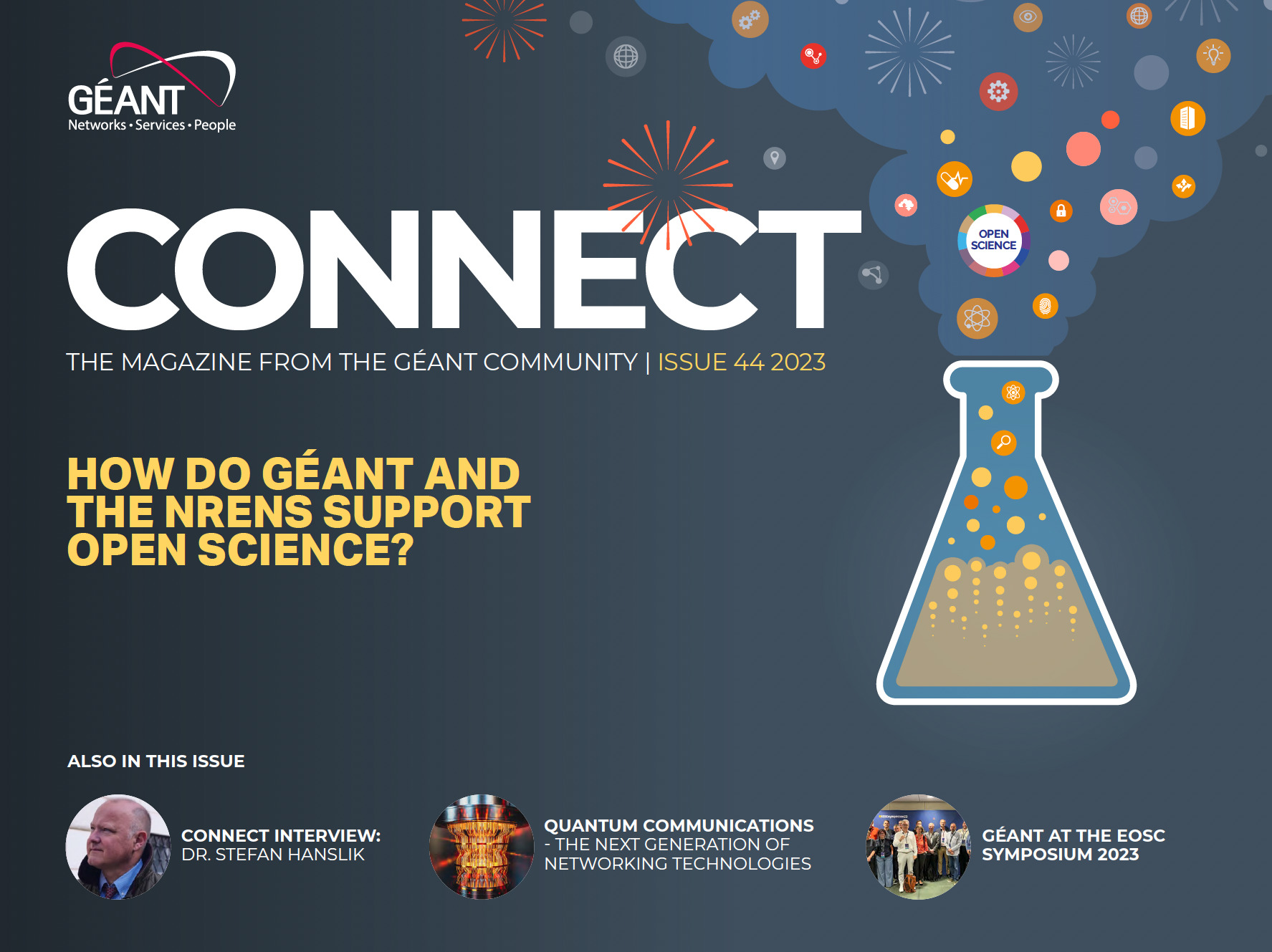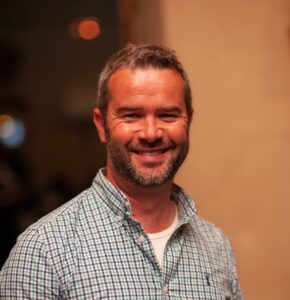
Wait, what is the CEO Track?
The CEO Track is an initiative that looks to benefit from having so many CEOs in one place to build relationships, discuss common challenges and opportunities in the global community, and focus their collective efforts on how to address key topics at each meeting. For example, last year’s Track highlighted the challenges in recruiting and retaining talent in our community, which led directly to a very successful TNC23 side meeting on this exact topic. This year’s Track welcomed 58 attendees from across the globe for focused discussions on Artificial Intelligence (AI) and Sustainability.
AI session
The AI session looked at what NRENs are doing in the AI space, how it could impact Research and Education Networking (REN) business, and the potential it could have in the REN landscape.
What was clear is that it’s an important and challenging topic, with some already looking to embrace the potential of AI into their organisations in areas such as cybersecurity, internal network automation, and mitigation tools, and others taking a more cautious approach, investigating vendors, considering data privacy, and even testing ChatGPT for marketing content creation.
AI certainly has the potential to significantly impact the business of NRENs, for example:
- Network optimisation – with NRENs dealing with vast amounts of data traffic, AI can help optimise network performance by analysing traffic patterns, predicting congestion points, and suggesting efficient routing strategies. This could enable NRENs to enhance network capacity, reduce latency, and improve overall network reliability.
- Security and threat detection: AI can boost NREN capability in detecting and mitigating cyber threats; analyse network traffic in real-time and identify anomalies, and alert admins to potential threats.
- Intelligent virtual assistants: AI-powered virtual assistants can be used to provide efficient customer support and streamline administrative tasks for NRENs; assist in troubleshooting network issues, provide information on available services, and offer personalised recommendations based on user preferences and historical data.
For these and several other reasons, AI will have a real impact on our community. For example, many NRENs will be expected to advise ministries and possibly end users on how to benefit from AI and where to show caution; NRENs will be expected to provide skills and training to their stakeholders; and to engage with commercial partners on AI platforms that can best utilise data.
Sustainability session
This session looked at how NRENs support and progress the Sustainable Development Goals (SDGs), in particular #4 Quality Education, #9 Industry, Innovation and Infrastructure, #13 Climate Action, and #17 Partnerships for the Goals.
Unsurprisingly, #4 Quality Education is a natural fit for NRENs who share an unwritten mission to increase and widen access to internet, content, and resources. The community’s work to make eduroam available as widely as possible is entirely supportive of this goal, as is the push to make access cheaper to infrastructure in order to close the digital divide.
When discussing the #9 goal, it was agreed that infrastructure and innovation are well covered by NRENs but that closer engagement with industry could be beneficial. GÉANT’s commercial partnership programme is a good indicator of how this can be successfully achieved.
On #13 Climate Action, NRENs see themselves as enablers for research and development of concepts that can positively support this goal, facilitating collaboration between R&E and industry to seek innovative solutions. The community’s work in supporting the Copernicus programme is also of clear benefit. However, there are many areas in which NRENs as organisations can make their own contribution – office location, flexible working models, reduction in travel etc. – as well as looking towards the networks and services we run and investigating the greenest options.
#17 Partnerships for the Goals seemed to encapsulate the nature of the CEO Forum itself – in that NRENs worldwide support each other, rely on each other, and collaborate already to indirectly further other SDGs. And it is important to note that in times of crisis and emergency, our partnerships and collaborations have been proven to be crucial. We also aim to ensure that all NRENs benefit from each other, helping to reduce not just the digital divide for our users but inequity for our community’s organisations.
Looking ahead
The group then looked at further ideas to consider for both topics and reiterated their commitment to continuing the track at next year’s TNC in Rennes and finding the best way to progress topic areas between meetings. All participants felt that the CEO Track at TNC helps to build a web of trust that strengthens our global community and is therefore a successful and welcome initiative.
GÉANT CEO Erik Huizer has the final word: “Research networks worldwide need to work together as partners to provide a truly global service to research collaborations. The CEO Track helps to build the trust that is essential to enable these partnerships.”

Read or download the full magazine here







